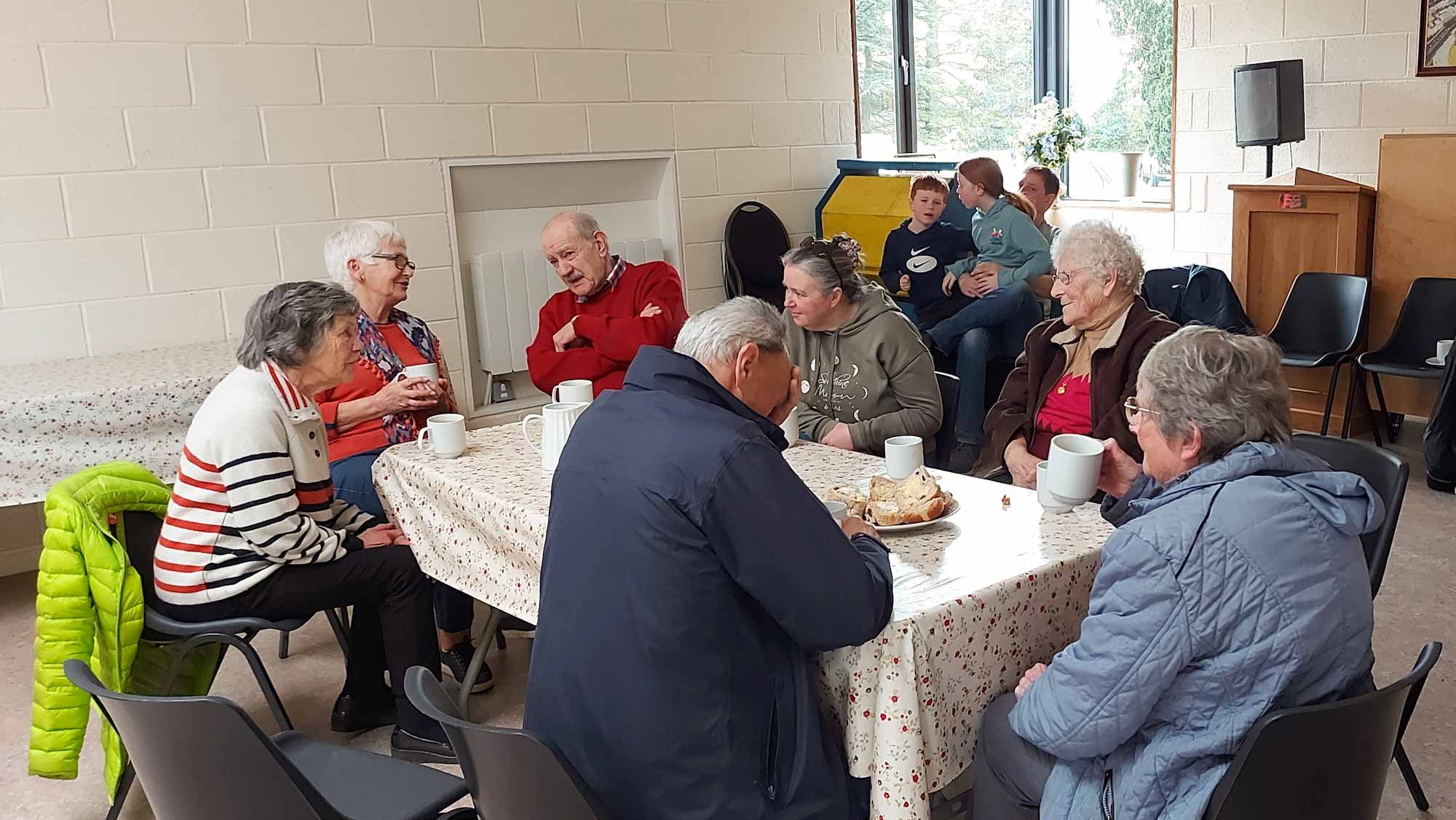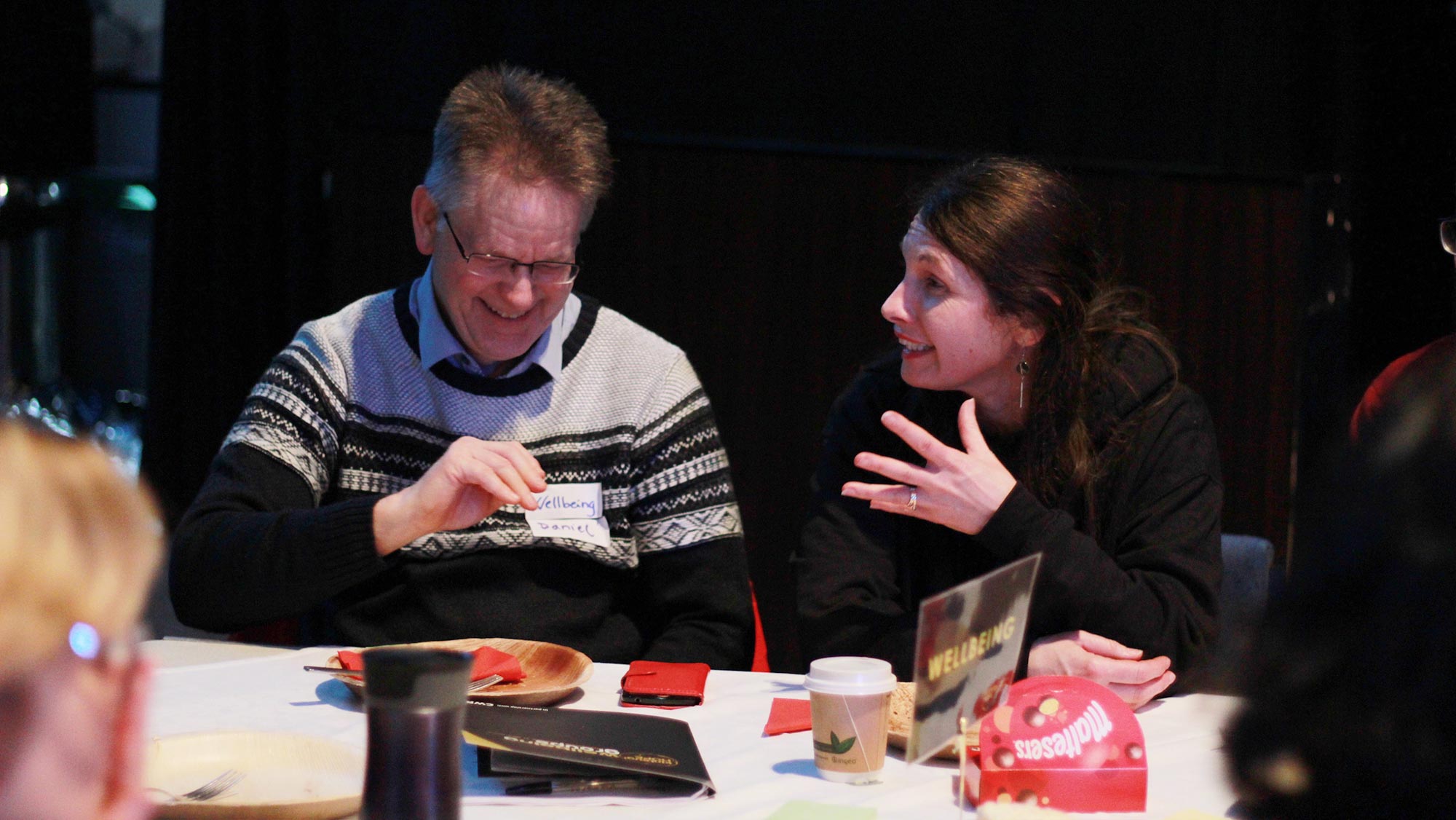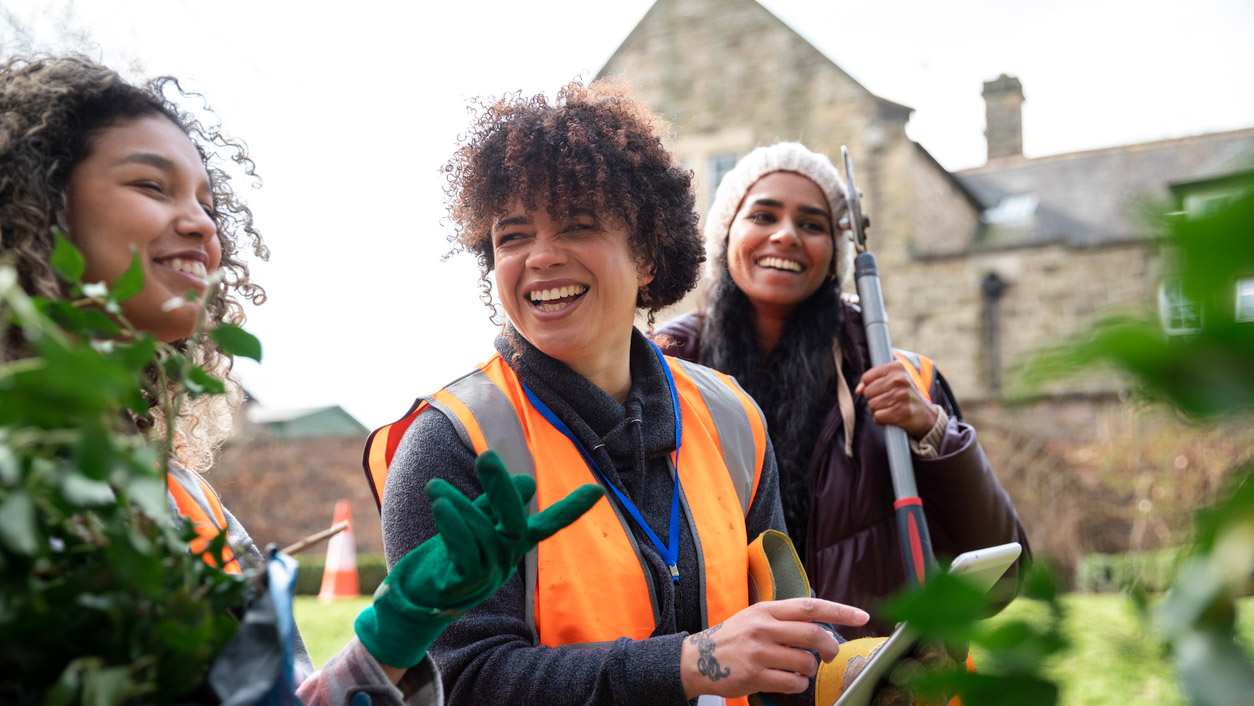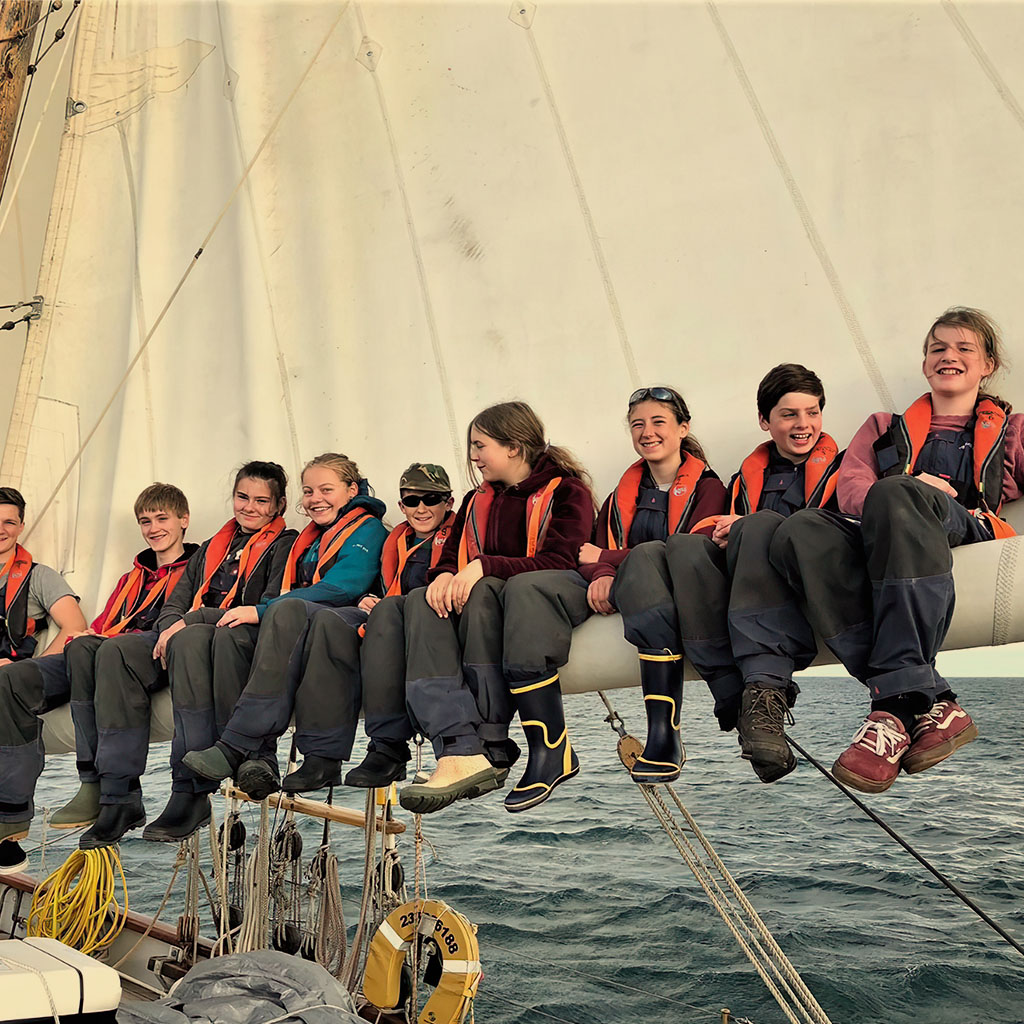A Benefact Trust grant of £67,900 has funded an innovative two year training pilot, which is developing Emerging Christian Leaders into “Peacemakers” and transforming their churches into ‘reconciliation hubs’ to resolve tensions within church worshipping communities and wider society.
St Ethelburga’s in Bishopsgate is one of the oldest buildings in London, originally built in the 15th Century. It has a rich and interesting history, as one of the few churches to survive the Fire of London and the Second World War.
In 1993, it was almost completely destroyed by an IRA bomb and was rebuilt and opened in 2002 as a centre for reconciliation and peace, transforming this act of terror into a symbol of hope.
Through the pilot scheme, St Ethelburga’s is working in partnership with four other Christian reconciliation centres across England and Northern Ireland (from three denominations) – St Michael’s House at Coventry Cathedral, Rose Castle Foundation, Corrymeela, and the Blackley Centre. Together the five centres form Reconcilers Together – a powerful force of peaceful change in the UK.
"There has been a transformation in our understanding of who we are and our expectations of how the world around us works. There is now a firm and vocal commitment to want to engage with who we might describe as “other” in order to build community cohesively." - Chris Collins, Presbyter, Wolverhampton Methodist Church
Leadership within the church, now, more than ever, requires the ability to facilitate difficult conversations. These skills and tools are much needed by the clergy to work creatively with the community and tackle differences which arise across parishes; including violence, discrimination, racism, differences in faith, inequality and politics.
Benefact Trust's latest research (undertaken in light of the Coronavirus pandemic) shows that over 30% of churches feel that rebuilding community cohesion will be a priority three months on from lockdown and looking to the year ahead.
With the support of Benefact Trust's, Reconcilers Together has been ahead of the curve, working towards building more harmonious communities.
Over the last two years, they have successfully delivered the first Journey of Hope pilgrimage – an immersive programme for church and community leaders. From this, 70% of participants accessed further funding for their community cohesion work; 80% of participants accessed ongoing training; and 25% percent of course participants have set up their own physical peace centre within their church/faith group.
“We have grown into a network of peacemakers across the UK and Ireland, the ripple effects of which are felt far beyond the project. The Journey of Hope empowered our participants to put reconciliation at the heart of their communities. We have seen personal relationships healed and parishes reunited” - St Ethelburga’s
However, the road to peace and reconciliation has had a few bumps along the way. COVID-19 made a considerable dent in the reconcilers’ progress. The Programme Manager was furloughed and group training and face-to-face interaction was put on hold.
To add to this, isolation has created physical distance between communities and, as a result, new tensions have arisen, often resulting from a lack of work, uncertainty and confinement.
More needed than ever before, Reconcilers Together adapted their way of working and brought their training online; with pilgrims taking on leadership roles in peer learning groups and Zoom meetings and one-to-one calls offered to partners and participants. Reconcilers Together has also been building a bank of COVID resources offering conflict transformation support for faith groups.
“We live in a society where there are tensions and conflicts between many different communities. We are delighted that we can support The Peacemakers Network in their mission of reconciliation, so that we can all live more harmoniously and build a more united community.” - Chloe Ewen, Grants Officer for Benefact Trust
Despite some setbacks, the pilot scheme has made a real difference. There are now five physical peace and reconciliation centres as well as other reconciliation hubs (including reconciliation leadership teams and networks of mediators), and many more on the horizon.
There are now training resources and videos to encourage Christians to engage with the theme of peace and reconciliation and a clear Christian voice which engages with the conflicts, opportunities and challenges of contemporary life.
Looking to the future, Reconcilers Together and their network of ‘Peacemakers’ have a long term vision to build a UK wide cross-denominational movement, inspiring Christians everywhere to take up the ministry of reconciliation and encourage more connected communities.
They are also keen to promote more diversity, and will be focusing on outreach and inclusivity – reaching minorities and the most disconnected in society.






